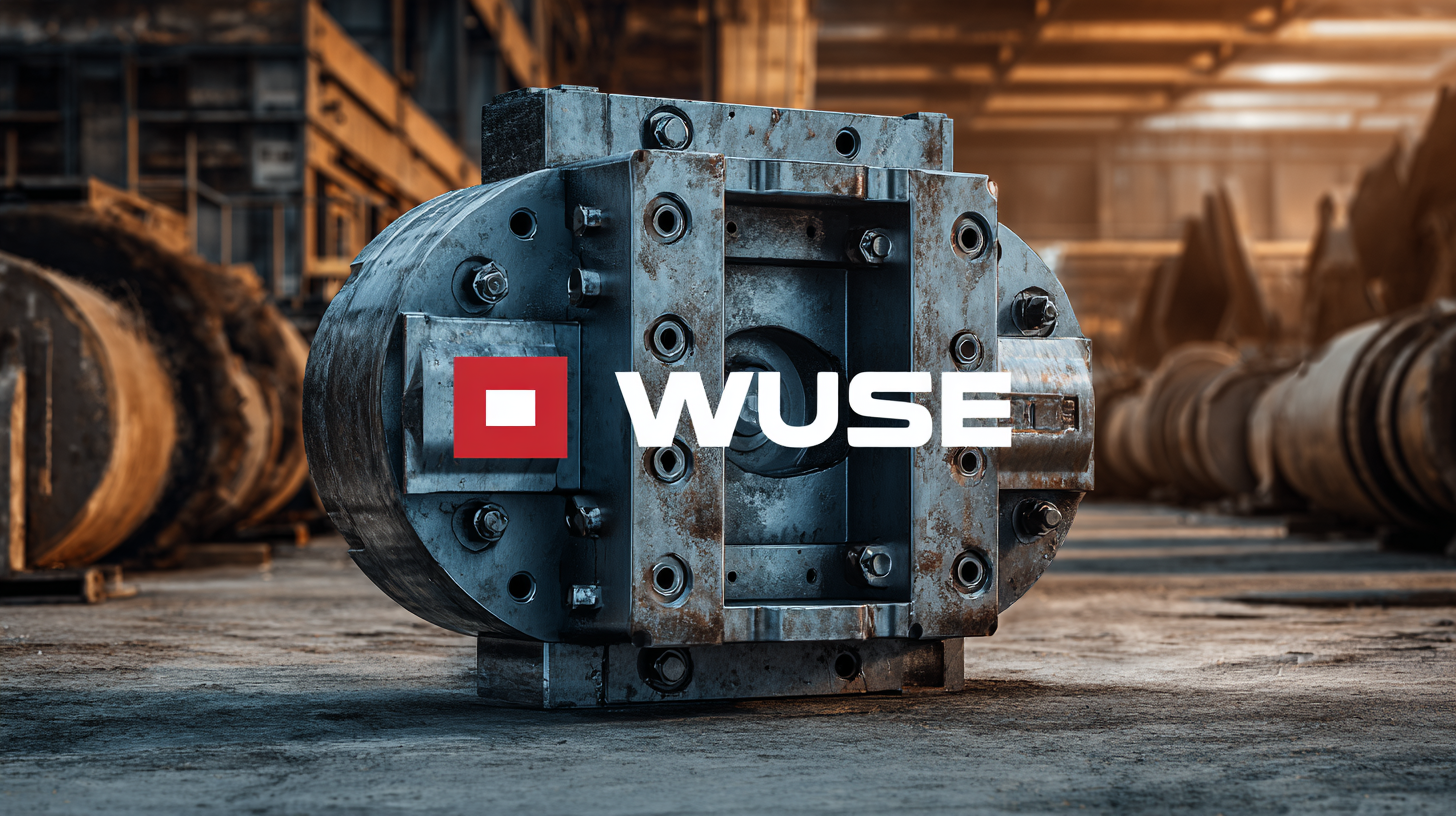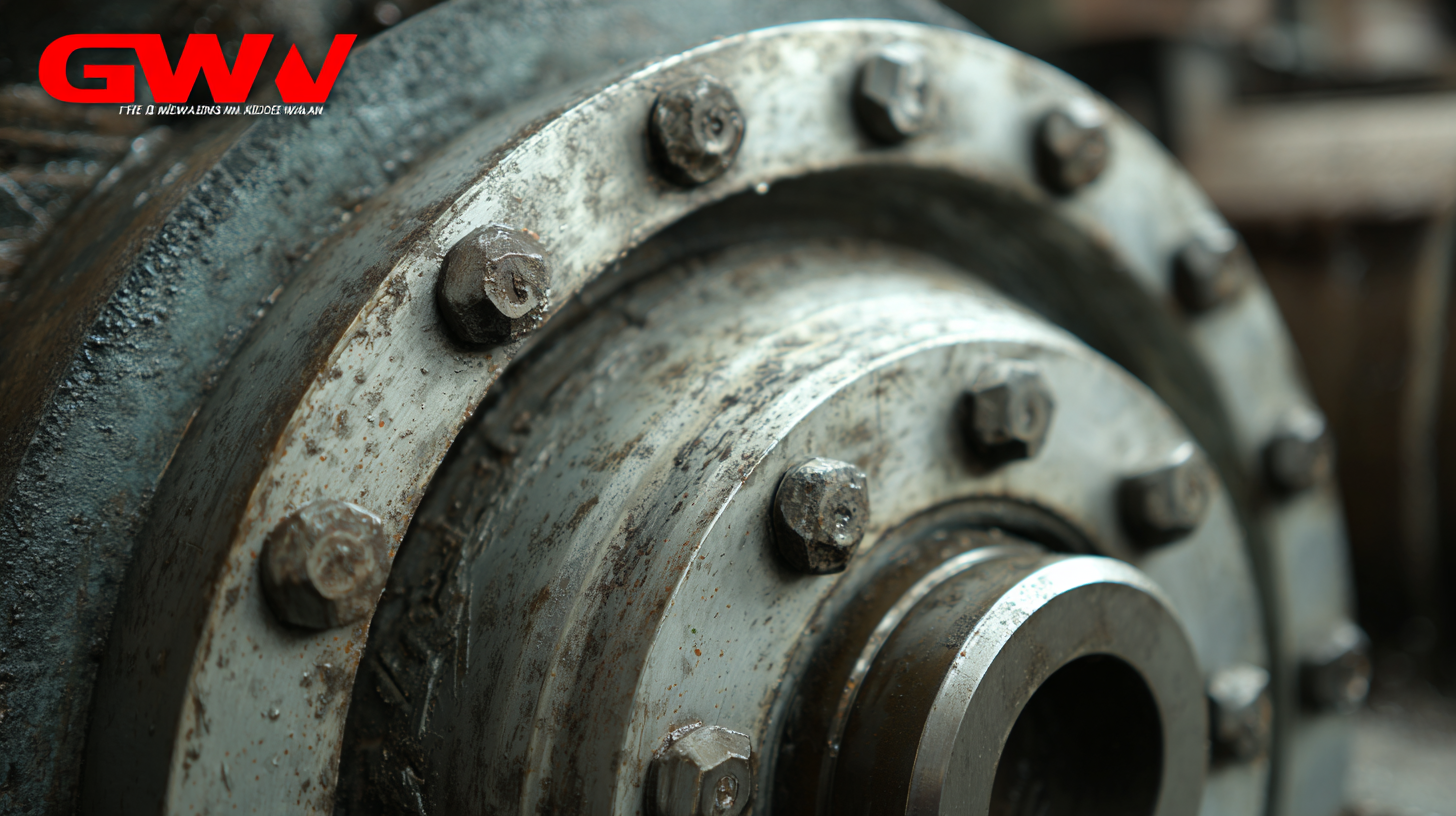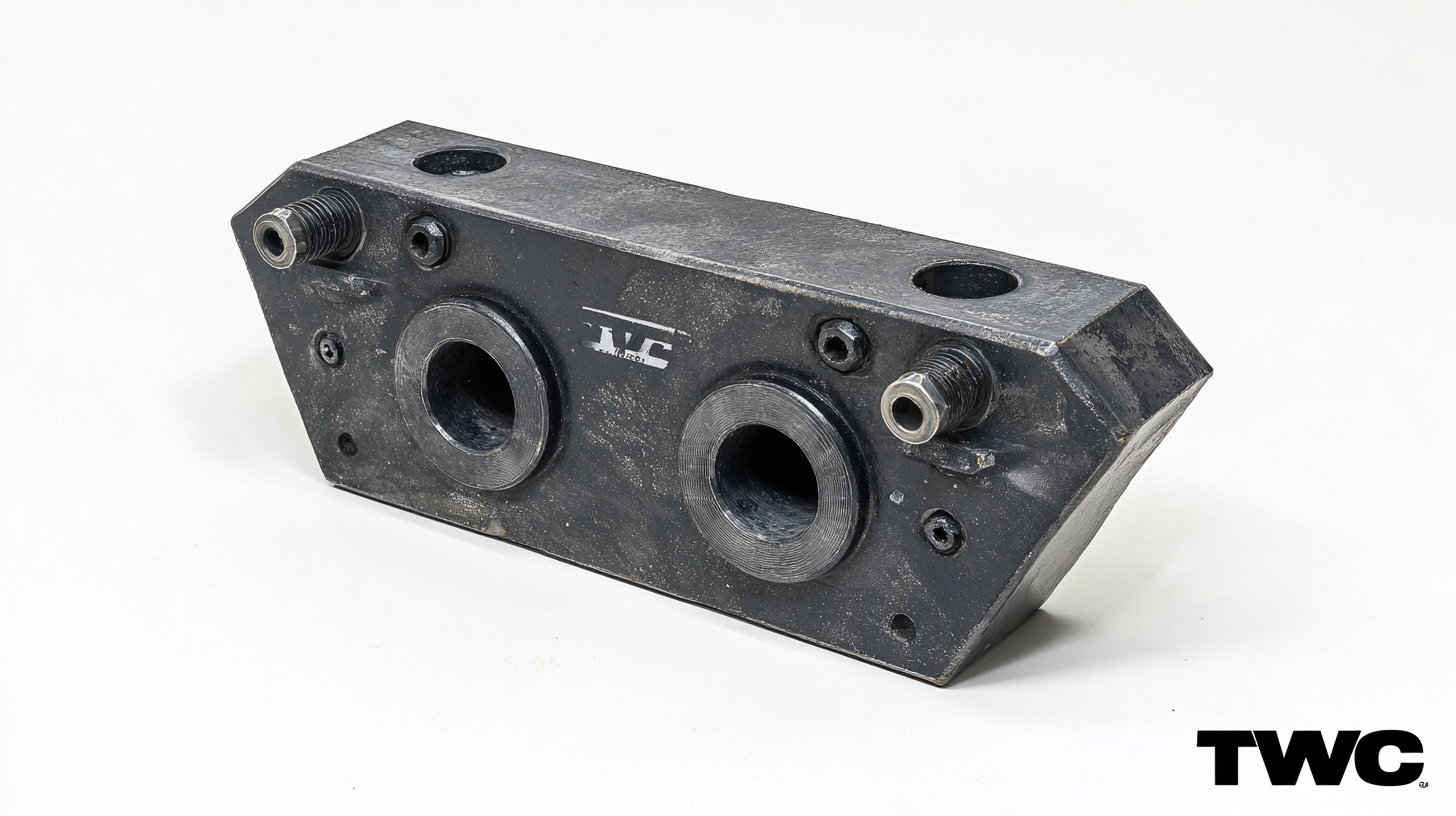
-
Home
-
About Us
-
Products
-
News
-
Blog
-
Contact Us
Leave Your Message

When it comes to the mining and aggregate industries, selecting the right components can significantly impact operational efficiency and profitability. One crucial element in the functionality of a crusher is the Swing Jaw Crusher Plate. This component not only plays a pivotal role in the crushing process but also affects the durability and performance of the crusher itself. Choosing the best Swing Jaw Crusher Plate requires a deep understanding of various industry production standards and guidelines, as well as the specific needs of your application. In this blog, we will unveil seven essential secrets that will guide you in selecting the optimal Swing Jaw Crusher Plate, ensuring that your equipment operates at peak performance while maximizing lifespan and reducing downtime.

The swing jaw crusher plate is a critical component in the functionality of a jaw crusher, playing a vital role in the material processing cycle. This plate's primary function is to crush materials by applying compressive forces during the crushing stroke. As the swing jaw moves back and forth, the plate bears the brunt of the material's resistance, making it essential for efficient operation. Understanding the properties of different swing jaw plates, including shape, thickness, and material composition, can significantly impact the crusher's performance and longevity.
When selecting a swing jaw crusher plate, it's important to consider the type of materials being processed and the operational conditions. Factors such as hardness, brittleness, and size of the materials can influence the wear pattern on the plates, thereby affecting the overall efficiency of the crushing process. Consequently, choosing the right plate not only enhances the crushing efficiency but also minimizes downtime and maintenance costs. By aligning the features of the swing jaw plate with the specific processing needs, operators can optimize their production capabilities while ensuring sustainable performance over time.
| Feature | Description | Material Options | Durability | Application Suitability |
|---|---|---|---|---|
| Shape & Size | Must match the crusher's design for optimal performance. | High manganese steel, alloy steel | High wear resistance and impact strength. | Suitable for hard and abrasive materials. |
| Weight | Heavier plates provide better crushing; balance weight for machinery. | Cast iron, carbon steel | Moderate durability; good for light applications. | Ideal for softer materials and lower stress environments. |
| Surface Texture | Rough texture increases friction, enhancing crushing efficiency. | Textured steel, patterned alloys | Improved grip; extended service life. | Effective for both hard and softer materials. |
| Compatibility | Ensure the plate fits well with existing machinery for optimal operation. | Custom-fit solutions | Dependable for extended use. | Compatible with various jaw crushers. |
| Cost | Value for durability and performance should justify the expense. | Varying costs depending on materials | High initial costs often save money over time through durability. | Appropriate for medium to large scale operations. |
| Maintenance | Regular inspections and timely replacements are crucial. | Standard and easy-to-replace options | Long-lasting; requires minimal upkeep. | Allows smooth operational continuity. |
| Supplier Reputation | Choose suppliers known for quality products and reliability. | Various established suppliers | Trusted materials that meet industry standards. | Vital for ensuring product performance. |
When selecting a swing jaw crusher plate, key material considerations are paramount for ensuring durability and optimal performance. The material's hardness and tensile strength significantly influence the lifespan of the plate. A study by the International Journal of Mechanical Engineering highlighted that using high manganese steel can enhance the wear resistance, with a hardness increase of 20% leading to a 40% longer service life compared to standard low-carbon steel plates.
Additionally, the manufacturing process plays a crucial role. Forged steel plates, for instance, generally exhibit superior structural integrity over cast plates. According to research from Mining and Materials Processing Institute, forged plates can withstand higher impact forces, reducing the risk of catastrophic failures during operation. Therefore, when selecting your swing jaw crusher plate, prioritize materials like high manganese or alloy steels that undergo forging processes for enhanced durability.
Tips: Always consider the crushing application and material being processed; selecting a jaw plate with specific properties tailored to your needs can drastically improve efficiency. Ensure to consult technical specifications and verify with industry reports to make informed choices about the ideal materials for your swing jaw crusher plate.
When it comes to selecting the best swing jaw crusher plate, evaluating manufacturer certifications is paramount for ensuring quality assurance. Industry reports indicate that roughly 36% of equipment failures stem from substandard component choices. Thus, verifying that your chosen manufacturer holds relevant certifications, such as ISO 9001, can enhance the reliability and longevity of your crusher plates.
Tip: Always request certification documentation from manufacturers. A certified company demonstrates a commitment to quality and adherence to industry standards, which can significantly reduce the risk of premature equipment failure.
Additionally, looking for manufacturers with specific mining and quarrying certifications can further bolster your decision. For instance, according to the Mining Association's annual report, companies with certified wear part programs improved efficiency by 20% on average. This highlights the advantage of selecting certified plate manufacturers who invest in quality control and continuous improvement practices.
Tip: Seek out customer reviews and case studies related to certified products. Real-world feedback can offer valuable insights into performance and durability, serving as a powerful decision-making tool.

When selecting the ideal swing jaw crusher plate, understanding performance factors such as weight, thickness, and design is essential for optimizing both functionality and longevity. The weight of the jaw plate directly influences the machine's stability and the efficiency of the crushing process. A heavier plate can provide increased inertia and momentum, allowing for more effective crushing action. However, this must be balanced with the machine's structural capacity to avoid undue wear and possible failure.
Thickness is another critical factor that contributes to the durability and performance of a swing jaw crusher plate. Thicker plates are often more resilient to abrasion and impact, which is vital in high-stress applications. Nonetheless, excessive thickness can hinder the crushing speed and reduce overall productivity. Therefore, careful consideration of the material properties and the specific application conditions is crucial when determining the appropriate thickness.
Lastly, the design of the jaw plate plays a significant role in the crushing performance and efficiency. Innovative designs that incorporate features such as corrugated profiles or variable geometry can enhance the plate's ability to handle different materials and sizes. Customizing the design to match the specific operational parameters can lead to significant improvements in both throughput and wear resistance, ensuring that the swing jaw crusher plate meets the demands of your particular application.
When selecting a swing jaw crusher plate, choosing the right supplier is crucial for meeting your specific needs. A reliable supplier will provide not only high-quality materials but also a strong understanding of industry standards and compliance requirements. According to a recent industry report, over 30% of crusher plate failures can be attributed to subpar manufacturing practices. Thus, sourcing from a reputable supplier minimizes the risk of early wear and catastrophic failure, ensuring longer operational life and better performance.

Additionally, it's essential to consider the supplier's experience and customer support. Industry experts suggest that suppliers with a proven track record in manufacturing and customer service significantly enhance operational efficiency. Studies indicate that companies that engage with knowledgeable suppliers report a 20% increase in productivity, largely due to reduced downtime and improved maintenance practices. Therefore, evaluating potential suppliers based on their ability to provide technical expertise and ongoing support is vital for optimizing your swing jaw crusher plate investment.